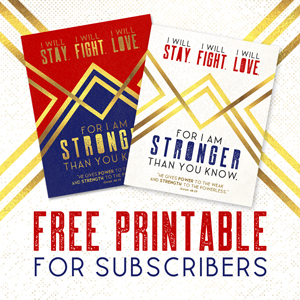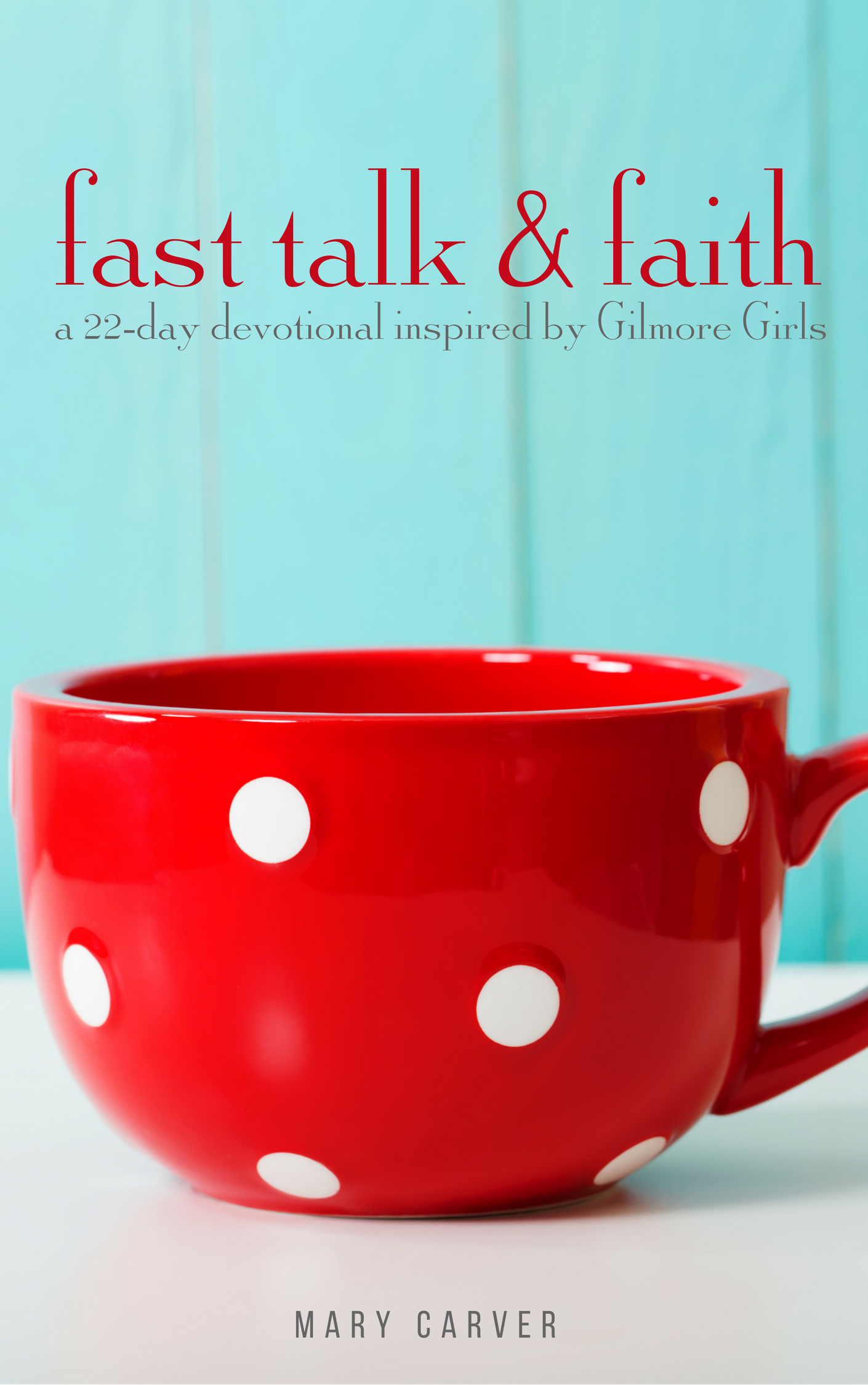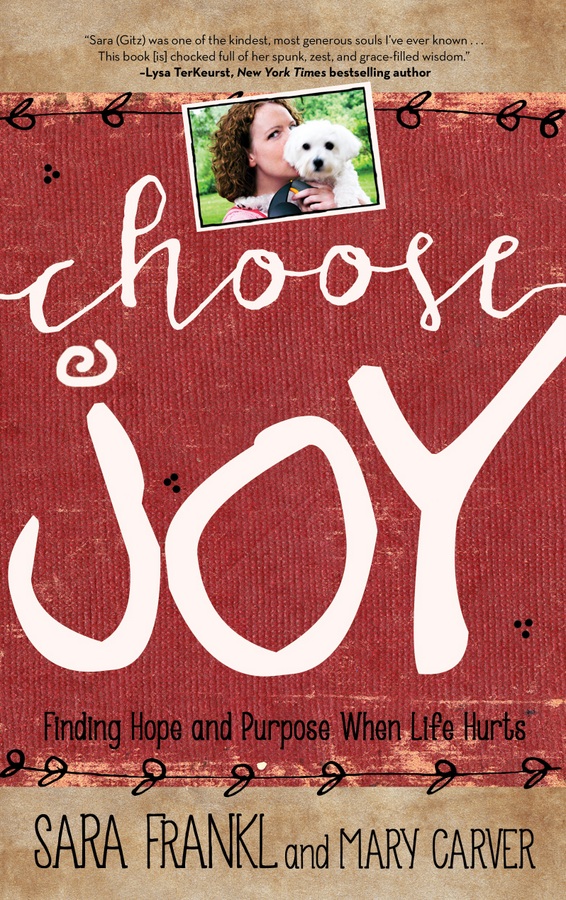I’m not sure what the book was doing in the elementary school library in the first place. With a main character who was 13 years old, it seems more appropriate for the middle school.
At least, it does now.
When I was in second or third grade and allowed to check out books from the fourth grade shelves because of my advanced reading skills, a book called “I Was a 98-Pound Duckling” seemed completely appropriate to me.
My mom did not agree.
The book’s description – according to openlibrary.org, not my memory – explains why: A 13-year-old who suffers from several “beauty problems” improves her self-image after a brief summer romance.
Not exactly the best choice for an 8-year-old.
Little did my mom know that was not the last time I would read an age-inappropriate book. From hiding Harlequin novels in my desk throughout middle school to discovering Danielle Steele at my first job (at a library – are you surprised?) in high school, I was hooked on romance and I indulged early and often.
Since I’ve mentioned more than once my love of chick flicks, a.k.a. romantic comedies, you have probably assumed that this romance addiction didn’t end with adolescence.
If so, you would be right.
Even throughout the early – and, okay, not so early – years of my marriage, I often lost myself in a paperback book that I’d be embarrassed to be seen reading.
You wouldn’t believe how excited I was when our library started allowing patrons to check out their own books with the automatic scanner. Now I could read all the trashy romances I wanted – and nobody would know!
I read all sorts of romance novels. Sure, I read the trashy ones, the ones I lay face down on my coffee table. But I also read tons of Christian romances (anyone else remember the Palisades Pure Romance books?).
Smutty or wholesome – it didn’t matter. Whether the main characters parted with a chaste kiss on the front porch or tumbled straight into bed, the premise of each book was the same.
The love – the romance – shared by the main characters of each story was breathtaking. The kind that sweeps you off your feet. That happens at first sight. That conquers all and lasts forever and solves mysteries and makes babies and cures cancer and wins wars.
And it happened to characters that, no matter if they were cowboys or prostitutes or knights or duchesses or veterinarians or florists or lawyers, the reader can easily identify with.
Unfortunately, I consumed those books, that premise, those characters the same way I consume Doritos or Oreos: in mass quantity without thinking.
The whole time I was gulping down those books, I was building – and reinforcing – a belief system. I was learning about love, about men and women, about relationships. And I was creating a whole lot of expectations.
Am I stupid? Or gullible? No. I knew, full and well, that those books were works of fiction. I knew that they were no more real than the Disney movies I watched with my little brother.
But even though I knew those stories weren’t real, after a while, I started believing them anyway. After you’ve read dozens, possibly hundreds, of books about strong, brave, sensitive and romantic men, you start to think that maybe that’s the norm. After you’ve read so many stories about love that can move mountains and turn back time and inspire poetry, you start to think that maybe that’s the way love is supposed to be.
Maybe those men do exist. Maybe that kind of love is possible. Maybe that’s what I deserve.
And that is where the trouble starts.
Stay tuned until next week for more on The Problem with Romance Novels.
Do you read romance novels?
—————————————-
Can’t get enough of Giving Up on Perfect? Subscribe here, follow me on Twitter and join my Facebook page.








